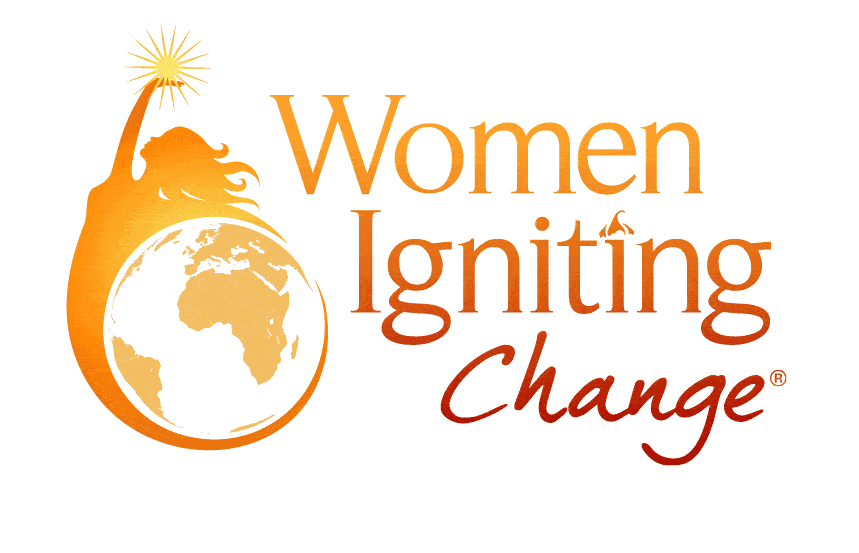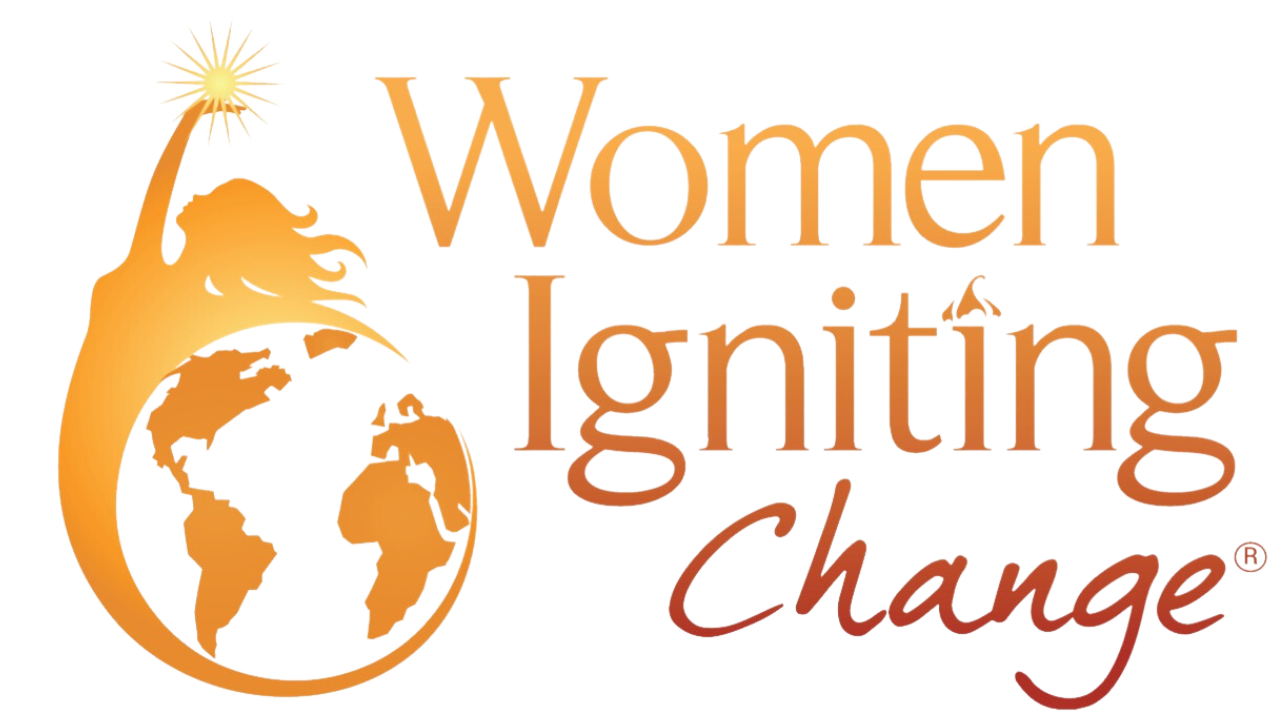Season 2, Ep 01: Her Words, Her Legacy: Dana Rubin on the Forgotten Voices that Shaped a Nation
“Why are we quoting Winston Churchill all the time?” While judging an annual speech contest, Dana Rubin, an award-winning journalist, speech writer and speech coach, noticed that writers were continuously citing speeches from the same handful of famous men. Similarly, speech anthologies barely featured women in their pages, and so she set about seeking out and compiling speeches by women–many of whom had been largely ignored by history. Eventually, she launched the online speech bank,` Speaking While Female. This portal, and the book of the same name, focus on expanding diverse voices and viewpoints in the public discourse.
Despite being vastly underrepresented, there was a wealth of female voices from which Dana chose. Women, particularly indigenous women, were leaders in all sectors of their communities. They spoke out regularly on major political, social and religious issues. Men and women are largely similar in the way they communicate, Dana explains, they are just often relegated to the less visible (and audible) domestic sectors, or aren’t raised with the message that women’s voices matter.
This is changing, however, as more and more women start to speak up. Dana offers women–including young women–tips on how they can begin to make their voices heard across their communities and beyond.
Quotes
- “I collected 230 speech anthologies. This is from the United States, Canada, Ireland, South Africa, the Philippines, of course, the United Kingdom, anywhere and everywhere English was spoken and they published speech anthologies. I just started when going through the table of contents with a pencil and counting how many speeches by men and how many by women. And the more I saw, the angrier I got, and the angrier I got, the busier I got.” (5:46 | Dana)
- “It is eye-opening. I put them in categories, thematic categories, and you can, starting from the top, look at the category of anti-slavery, and see how many women spoke out about slavery all over the world. And you go down from there: health and medicine, religion and belief, temperance, all kinds of categories.” (7:07 | Dana)
- “It's a message that we all imbibe, as we grow up, that it's men's voices that are important, and valued and women's voices are secondary or expendable. We grow up and then we become adults, and we’re reluctant to speak out. We don't think that we have the expertise to share even though we may have a PhD or have written five books, women still don't want to speak in public. We don't stand up nearly in the same proportion as men.” (8:44 | Dana)
- “A good speech, a powerful speech takes the audience from one place to another. You begin in one place and you take them to another and by the end, you have asked that audience or compelled, inspired, that audience influenced that audience, to do something different, whether it's vote for legislation–‘Vote for me as a candidate!’–Get behind a cause, donate to a cause, even think about it, even if it's a sermon.” (14:26 | Dana)
- “We've seen this movement towards inclusivity, in including more voices, because we recognize that everybody's voice counts, matters, and has an important role to play.” (18:27 | Dana)
- “Start small. Speak in your communities, speak in your house of worship, go to toastmasters speak at a rotary club meeting. Just get out there and speak. Because it is a fact undeniable that the more you speak, the better you get.” (21:52 | Dana)
Connect with Dana Rubin
:Website: https://speakingwhilefemale.co/
Website: www.danarubin.com
Dana’s Bio: https://speakingwhilefemale.co/speaking-while-female/
Book: https://speakingwhilefemale.co/book/
Connect with Robbin Jorgensen (She/Her):
Website: https://womenignitingchange.com
LinkedIn: https://www.linkedin.com/company/women-igniting-change/
LinkedIn: https://www.linkedin.com/in/robbinjorgensen/
Facebook: https://www.facebook.com/robbin.jorgensen/




